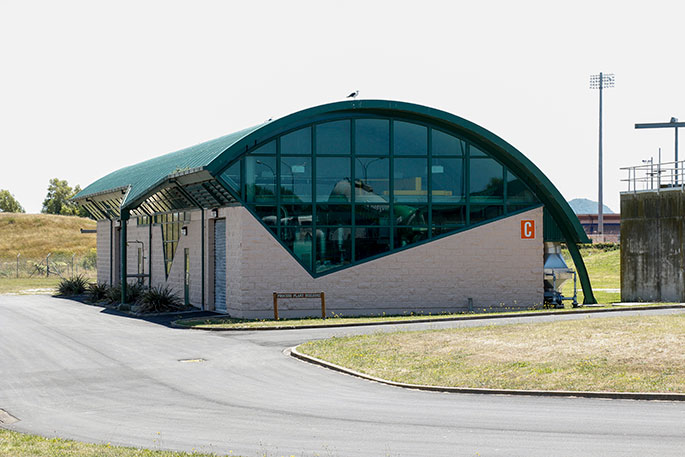Tauranga City Council is breaching a second of its Te Maunga Wastewater Treatment Plant consents, this time with the ultra violet plant which is supposed to kill remnant microbes in treated wastewater.
The first consent breach at Te Maunga was made public in July 2016. The city council continued to use the Te Maunga pond for sludge storage for years after the consent to do so expired in 2012.
The city council's Wastewater Management Review committee chairman Kelvin Clout says the current breach is a ‘technical breach' of the consent.
'The quality of the discharge is still well within spec, and we have been keeping the regional council and tangata whenua up to speed about what is going on,” says Kelvin.
'We are continuing to try and get to the root cause of the problem, which relates to an electricity supply issue to do with harmonic distortion.”
The terms of the council's consent are that within nine years of the regional council issuing the consent to discharge wastewater from both Chapel St and Te Maunga, that it will be secondary treated and UV disinfected.
The UV plant was built in time to meet the April 2015 timeframe, but it hasn't worked. Papers presented to the committee say there have been ongoing delays in commissioning due to issues with electrical harmonic distortion in the power supply to the plant, failure of lamp drivers, and faults with the lamp cleaning mechanism. The UV plant is not currently operational.
Final effluent quality sample results have remained within consented limits even without the UV, says Kelvin.
'It is basically to do with the consents we had to have when we put the whole wastewater plant in,” says Kelvin. 'And so one of the conditions that we had to have was the UV plant.
'It sort of polishes the final product.”
The council is seeking a variation to the Te Maunga outfall discharge consent to allow for downtime during maintenance periods, which should have been provided in the original consent.
The wording of the consent expects the (non-operational) UV system to continuously operate (24/7) at an optimal level. The regional council asked the city council to apply for a variation to permit maintenance of the (non-operational) UV plant.
The regional council advised council that if faecal microbe limits set in the consent can be met during maintenance periods then the discharge quality remains unchanged, and this is therefore in line with the intent of the original consent.

